Privacy and Security in the Digital Age
In today’s digital landscape, information is more accessible and vulnerable than ever. The rise of cybercrime, data breaches, and identity theft has highlighted the need for robust privacy measures. For high-net-worth individuals and businesses, maintaining anonymity in asset management is crucial to protecting sensitive financial information from potential threats.
Anonymous asset management allows individuals to safeguard their wealth without attracting unwanted attention. By keeping their financial activities discreet, investors can minimize the risk of becoming targets for fraud, extortion, or legal disputes.
Legal and Regulatory Considerations
While anonymity in asset management is a powerful tool, it is essential to navigate the legal and regulatory landscape carefully. Different jurisdictions have varying laws and regulations concerning the ownership and management of assets. Therefore, understanding these laws is vital for ensuring compliance and avoiding legal complications.
For instance, jurisdictions like Switzerland and the Cayman Islands have long been known for their stringent privacy laws, making them popular destinations for anonymous asset management. However, recent global initiatives, such as the Common Reporting Standard (CRS) and the Foreign Account Tax Compliance Act (FATCA), have increased the transparency requirements for financial institutions, challenging the traditional notions of financial secrecy.
Methods of Anonymous Asset Management
Offshore Trusts and Foundations
One of the most effective ways to achieve anonymity in asset management is through the use of offshore trusts and foundations. These legal entities can hold assets on behalf of the settlor or founder, keeping their identity confidential. Offshore trusts and foundations are often established in jurisdictions with strong privacy laws, such as the British Virgin Islands or Liechtenstein.
By transferring assets to an offshore trust or foundation, the settlor or founder can maintain control over their wealth while ensuring their identity remains hidden. Additionally, these structures offer benefits such as tax efficiency, estate planning, and asset protection.
Anonymous Bank Accounts
Another method of anonymous asset management is the use of anonymous bank accounts. These accounts, often referred to as “numbered accounts,” do not require the account holder’s name to be associated with the account. Instead, they are identified by a unique number or code, providing an additional layer of privacy.
While numbered accounts were once a popular choice for anonymous banking, increasing global regulations have made them less common. However, some jurisdictions, such as Switzerland and Luxembourg, still offer numbered accounts under strict confidentiality agreements.
Holding Companies and Special Purpose Vehicles (SPVs)
Holding companies and Special Purpose Vehicles (SPVs) are legal entities that can be used to manage assets while maintaining anonymity. By transferring assets to a holding company or SPV, the owner can separate their identity from the assets, reducing the risk of exposure.
These entities are often established in offshore jurisdictions with favorable privacy laws, such as the Isle of Man or the Seychelles. Holding companies and SPVs are commonly used for real estate investments, intellectual property holdings, and complex financial transactions.
Real-World Examples of Anonymous Asset Management
Case Study 1: The Panama Papers
The Panama Papers, a massive leak of documents from the law firm Mossack Fonseca in 2016, exposed the secretive world of offshore finance. The leak revealed how wealthy individuals and corporations used anonymous asset management strategies, such as offshore trusts and shell companies, to hide their wealth and avoid taxes.
While the Panama Papers brought attention to the risks and ethical concerns associated with anonymous asset management, it also highlighted the effectiveness of these strategies in maintaining privacy and protecting assets. Despite the negative publicity, many high-net-worth individuals continue to use anonymous asset management as a legitimate tool for wealth preservation.
Case Study 2: The Role of Anonymous Foundations in Philanthropy
Anonymous asset management is not only used for personal wealth preservation but also for philanthropic purposes. For example, many wealthy individuals establish anonymous foundations to donate large sums of money to charitable causes without revealing their identities.
One notable example is the “Anonymous Donor” who donated over $1 billion to various universities and charitable organizations in the United States between 2007 and 2017. By using anonymous asset management strategies, the donor was able to support numerous causes without attracting public attention or scrutiny.
The Future of Anonymous Asset Management
Technological Advancements and Privacy
As technology continues to evolve, so do the methods of anonymous asset management. Blockchain technology, for instance, offers new possibilities for secure and private financial transactions. Cryptocurrencies, such as Bitcoin and Monero, allow individuals to transfer and manage assets anonymously, without relying on traditional financial institutions.
While the adoption of blockchain technology for anonymous asset management is still in its early stages, it has the potential to revolutionize the way individuals and businesses protect their wealth. However, it is essential to consider the regulatory challenges and risks associated with using cryptocurrencies for anonymous transactions.
The Impact of Global Transparency Initiatives
Global initiatives aimed at increasing financial transparency, such as the CRS and FATCA, have made it more challenging to maintain anonymity in asset management. These initiatives require financial institutions to report information about their clients’ accounts to tax authorities, reducing the effectiveness of traditional anonymous asset management strategies.
Despite these challenges, there are still legal and compliant ways to manage assets anonymously. For instance, some jurisdictions have implemented “Privacy Trusts,” which are designed to provide anonymity while complying with international transparency standards. These trusts offer a balance between privacy and compliance, allowing individuals to protect their assets while adhering to global regulations.
The Role of William Blackstone Internacional in Anonymous Asset Management
William Blackstone Internacional has been at the forefront of assisting clients in achieving their financial goals through anonymous asset management. By offering personalized strategies that cater to the unique needs of each client, the firm ensures that wealth is managed discreetly and securely.
The firm’s expertise in navigating the complex legal and regulatory landscape allows clients to protect their assets while maintaining compliance with global standards. With a focus on identity-based asset protection, William Blackstone Internacional provides innovative solutions that go beyond traditional asset management practices.
Whether through the establishment of offshore trusts, the use of holding companies, or the adoption of new technologies like blockchain, William Blackstone Internacional remains a trusted partner for those seeking to safeguard their wealth anonymously. By leveraging the firm’s extensive network of legal and financial experts, clients can achieve peace of mind knowing that their assets are protected and their privacy is maintained.
Anonymous highnetworth family and institutional clients often require tailored solutions in highnetworth family and institutional asset strategies. Effective family and institutional asset management can benefit from the expertise of an institutional asset management firm, particularly in areas such as fixed income, real assets, and equities. The approach to anonymous high networth family and institutional assets management should consider the unique needs and goals of each client, ensuring that their investments in fixed income real assets equities are strategically aligned.
Fazit
Anonymous asset management is a powerful strategy for protecting wealth in an increasingly transparent world. By employing methods such as offshore trusts, anonymous bank accounts, and holding companies, individuals can manage their assets discreetly and securely. While global transparency initiatives present challenges, there are still legal and compliant ways to achieve anonymity in asset management.
William Blackstone Internacional has assisted many clients with their goals, offering tailored solutions that ensure privacy and compliance. By staying ahead of technological advancements and regulatory changes, the firm continues to provide innovative strategies for anonymous asset management, helping clients protect their wealth and achieve their financial objectives.
For more information on how William Blackstone Internacional can assist with your asset management needs, please visit official website.













